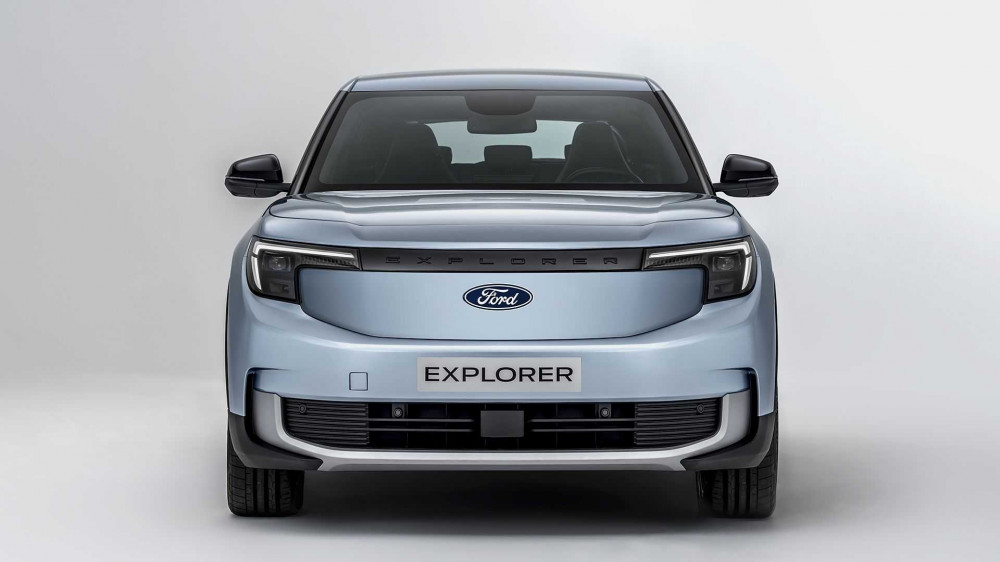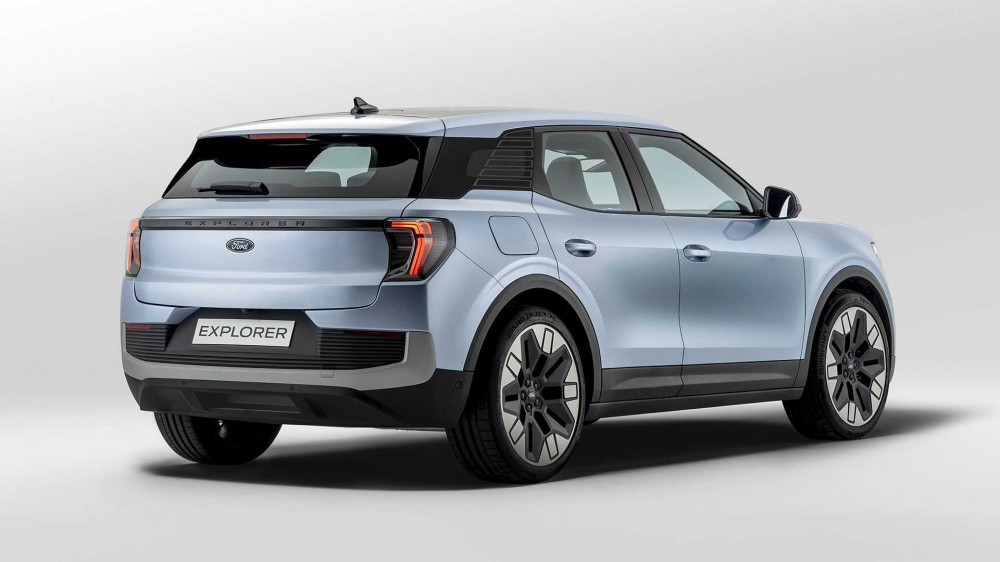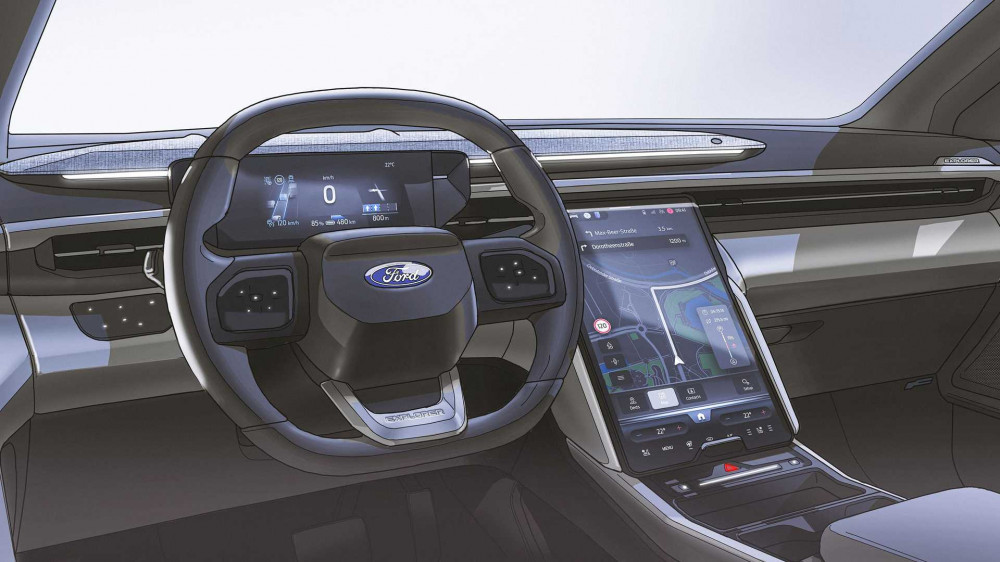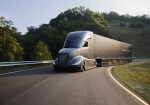Ford Plans Game-Changing Strategy for Europe

by AutoExpert | 10 May, 2024
Ford said in February 2021 that, starting in 2030, they would solely offer electric passenger vehicles in Europe. The company is revising its original strategy due to the slower-than-expected adoption of EVs. The revised plan still leaves the door open to selling combustion engine automobiles into the next decade if demand is high enough.
When asked about the future of internal combustion engine cars, Ford Europe GM Martin Sander said, "If we see strong demand, for instance, for plug-in hybrid vehicles, we will offer them." Automotive News Europe reported this information.

The CEO acknowledged that electric vehicle demand has been softer than first anticipated when speaking at this week's Financial Times Future of the Car event in London. In recent years, Ford has been making preparations for a series of passenger cars that are entirely electric. Ford abruptly halted Mondeo production at the Valencia, Spain, facility on April 4, 2022. In December 2022, production of the EcoSport came to a close at the Craiova plant in Romania.
At its facility in Cologne, Germany, the corporation also destroyed the Fiesta on July 7, 2023. Almussafes' Valencia facility halted production of the final S-Max/Galaxy minivan in April 2023. Next year, Saarlouis, Germany, will remove the last Focus from production. Martin Sander, who spoke with Autocar earlier this month, has finalized the decision to stop producing the Focus in 2025. The three-door hatchback, sedan, and wagon versions of Ford's previous lineup standout are now on life support.

Later this year, Puma will unveil its all-electric subcompact crossover. The Craiova facility in Romania will assemble the Puma Gen-E. The Cologne facility will begin producing an Explorer that is completely emission-free and based on Volkswagen's MEB platform as of June. The new European standard for EVs (UN Regulation 100.3/ECE-R 100.3) has delayed the release date of the electric SUV.
Another electric car from Ford will debut shortly after the end of the month, this time based on the same platform as the VW ID.4. It may revert to the "Capri" name and be an ID.5 with a sloping roofline. In Europe, competitors are taking a different approach. From compacts like the Polo, Ibiza, and Fabia to SUVs like the Passat, Superb, Tiguan, and Kodiaq, and even the more ostentatious Touareg, the Volkswagen Group still offers a wide variety of internal combustion engine vehicles.

Stellantis also provides a wide variety of gas-powered vehicles, including the compact 208/Corsa and the roomy 508 liftback/wagon, as well as other crossovers and SUVs. Relevant examples of manufacturers that are still offering A-segment automobiles are the Hyundai i10, Kia Picanto, and Toyota Aygo.
Additionally, Ford had a vehicle in this segment until it discontinued production of the Ka+ in September 2019. Indeed, Ford discontinued yet another model in Europe. The US portfolio has also undergone simplification with the discontinuation of Fiesta, Focus, and Fusion.
Ford has made a bold move by discontinuing popular models in the hopes that electric vehicles will gain popularity. There are still a lot of options for consumers looking for gas-powered vehicles, as competitors have not phased out their classic automobiles. After that, what happens to Ford?



.jpg)
.jpg)
.jpg)
.jpg)
.jpg)
.jpg)
.jpg)
.jpg)
.jpg)
.jpg)
.jpg)
.jpg)
.jpg)















